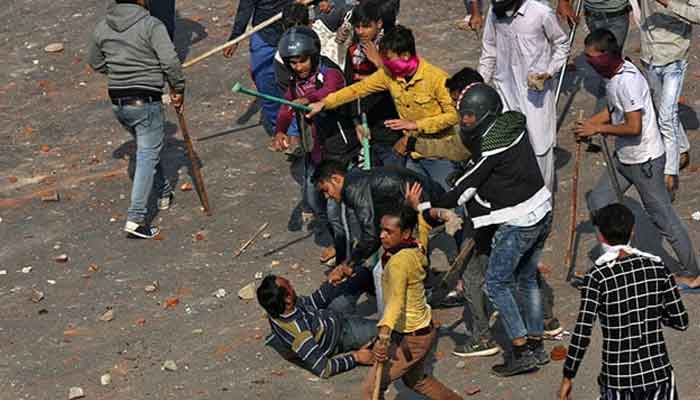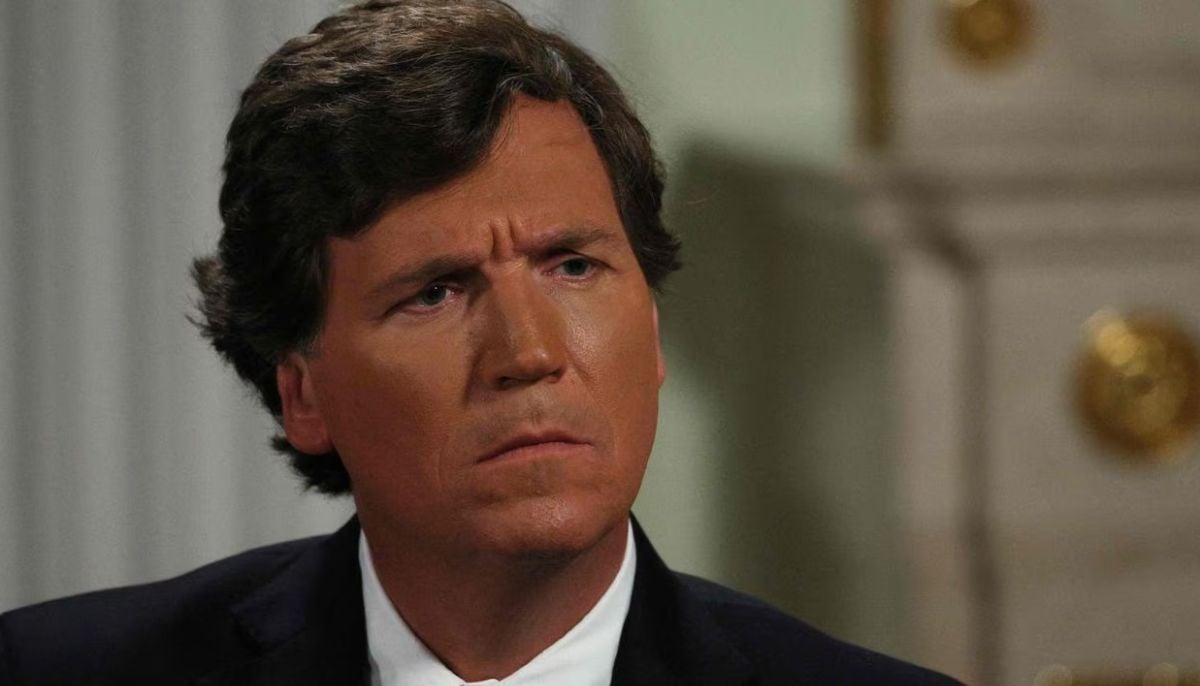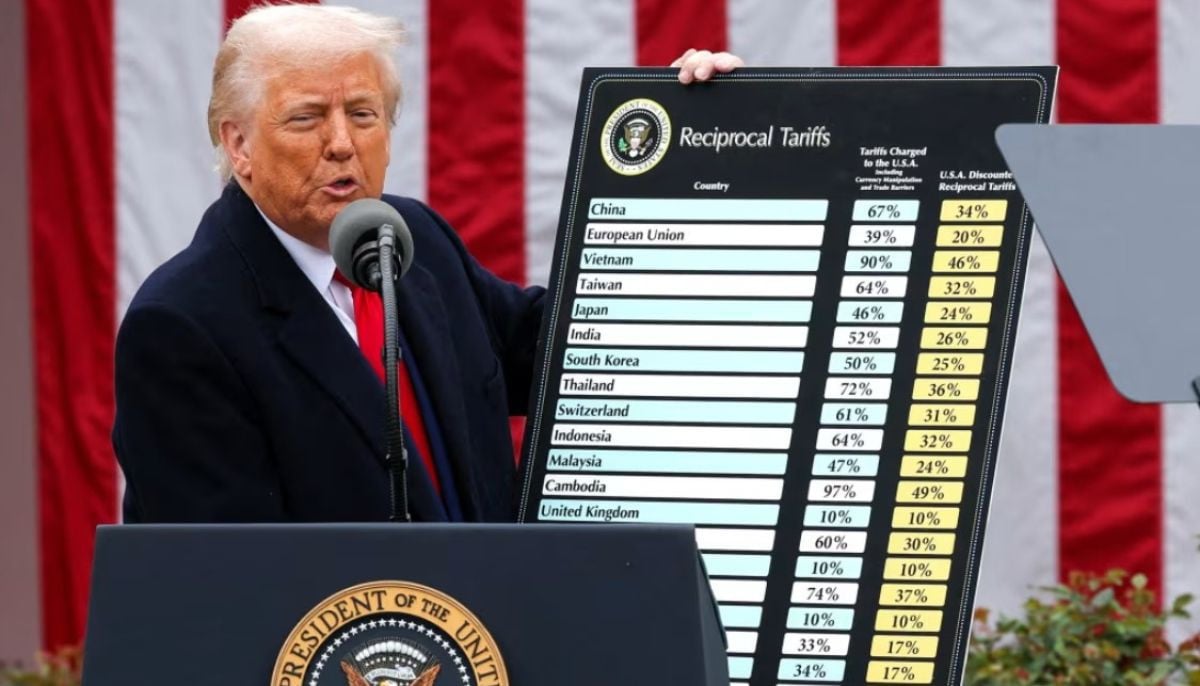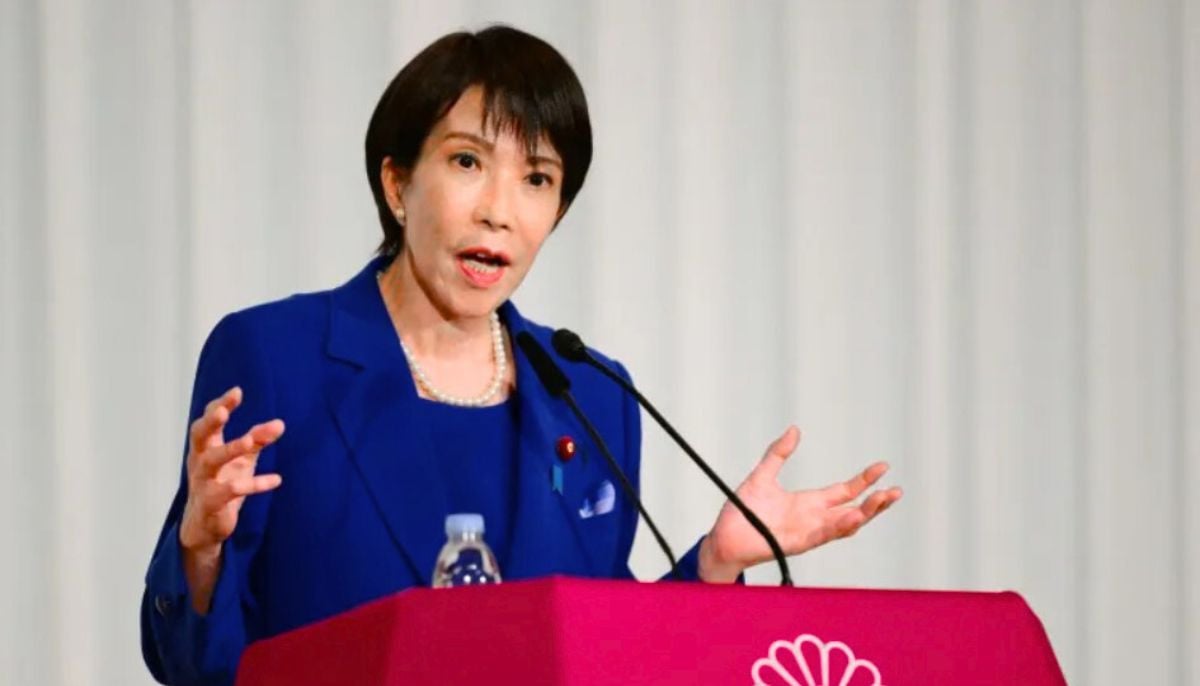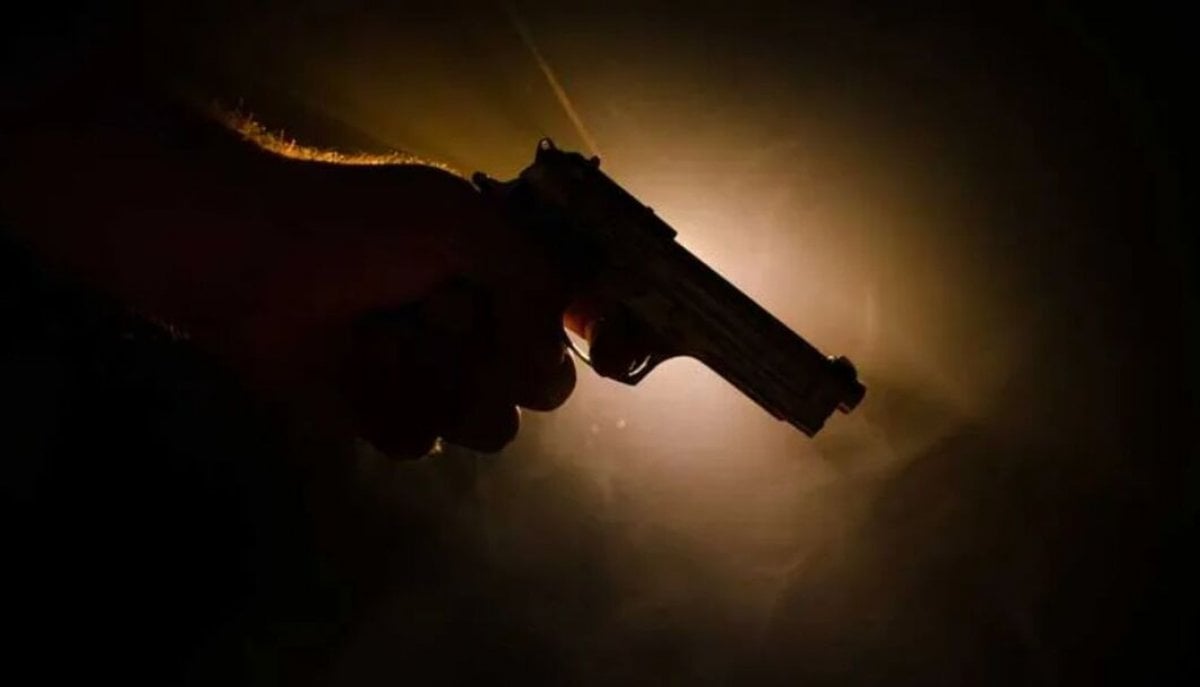India’s minority commission says police inaction led to violence against Muslims in riots
The commission pointed out several incidents where Delhi police officers were present as a spectator, whose inaction led to an exacerbation of the riots
The Delhi Minority Commission, a government-appointed body formed to promote the rights of religious minorities in India, said that Delhi police failed to protect Muslims protesting against the controversial citizenship law during the communal riots that took place this year.
Dozens of protesters (mostly Muslims) were killed and hundreds were injured in the worst communal violence that rocked the Indian capital after it introduced the incendiary Citizenship Amendment Act a few months ago.
The commission presented its fact-finding report, which stated that Muslim properties and assets such as homes, vehicles, and shops were selectively targeted during the rioting period, showing bias against only one minority group.
In the report, the commission pointed out several incidents where Delhi police officers were present as a spectator, whose inaction led to an exacerbation of the riots.
The report said that in all, 11 mosques, five madrasas or religious schools, a Muslim shrine and a graveyard were attacked.
It is pertinent to mention that the incident coincided with the visit of US President Donald Trump at the beginning of 2020.
Controversial law and protests
Last year, the Indian government introduced the Citizenship Amendment Act (CAA), which makes it easier for non-Muslims from the neighbouring countries of Afghanistan, Bangladesh and Pakistan who came to India before 2015 to gain Indian citizenship.
Thousands of people had protested, saying the law was anti-Muslim and a part of the measures by Prime Minister Narendra Modi’s Hindu hardliner government to marginalise the Muslim community.
"This bill is in line with India’s centuries old ethos of assimilation and belief in humanitarian values," Prime Minister Narendra Modi had tweeted after the bill was passed, adding that he was "delighted" about its passage. But to Muslim organisations, rights groups and others, the law is part of Modi’s push to marginalise India’s 200-million-strong Muslim minority.
-
Japan: PM Takaichi flags China ‘Coercion,’ pledges defence security overhaul
-
Angorie Rice spills the beans on major details from season 2 of ' The Last Thing He Told Me'
-
Teacher arrested after confessing to cocaine use during classes
-
Milo Ventimiglia recalls first meeting with Arielle Kebbel on the sets of 'Gilmore Girls' amid new project
-
Leading astrophysicist shot dead at southern California home
-
Will Savannah Guthrie ever return to 'Today' show? Here's what insiders predict
-
Amazon can be sued over sodium nitrite suicide cases, US court rules
-
Patrick Dempsey reveals Eric Dane's condition in final days before death
